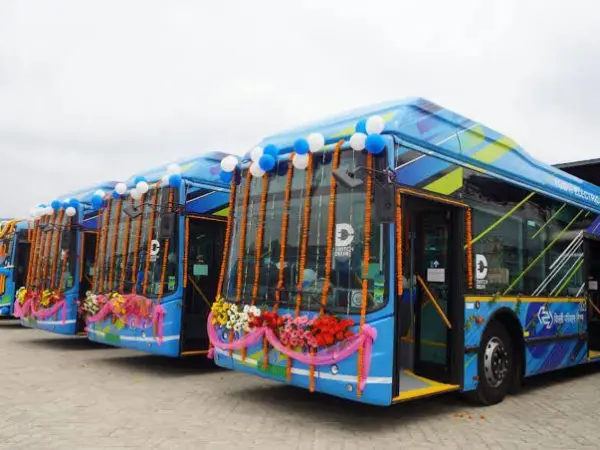Investigation and Review
The ministry is actively investigating the cause of cheetah deaths, consulting with international cheetah experts and veterinary doctors from South Africa and Namibia. National experts are also reviewing existing monitoring protocols, protection measures, veterinary facilities, and training and capacity-building aspects.
Steps for Cheetah Conservation
To support the cheetah conservation project, several steps have been planned:
- Establishment of a Cheetah Research Center with facilities for rescue, rehabilitation, capacity building, and interpretation.
- Bringing additional forest areas under the administrative control of Kuno National Park for landscape-level management.
- Deployment of more frontline staff and establishment of a Cheetah Protection Force.
- Creation of a second home for cheetahs in the Gandhi Sagar Wildlife Sanctuary.
Dedicated Team for Effective Management
The Government of India has deployed a dedicated team from the National Tiger Conservation Authority (NTCA) to work closely with field officials. This team analyzes real-time field data to make informed decisions on various management aspects, including health and interventions required for better conservation efforts.
Long-Term Undertaking
The ministry emphasizes that the Project Cheetah is a long-term undertaking and its success or failure cannot be determined prematurely. Valuable insights into cheetah management, monitoring, and protection have been gained in the last 10 months.
About Project Cheetah
The ambitious Project Cheetah aims to reintroduce cheetahs to India and is being implemented by the NTCA in collaboration with the Madhya Pradesh Forest Department, the Wildlife Institute of India (WII), and cheetah experts from Namibia and South Africa. A Steering Committee comprising experts and officials involved in successful tiger reintroduction is overseeing the project.
Status of Cheetahs
A total of 20 radio-collared cheetahs were translocated from Namibia and South Africa to Kuno National Park. Currently, 11 cheetahs are under free-ranging conditions, while five, including a cub born in India, remain in quarantine enclosures. A dedicated monitoring team is closely observing each of the free-ranging cheetahs round the clock.
Challenges and Fluctuations
Reintroducing cheetahs to India after a gap of seven decades is expected to face challenges and fluctuations. Global experiences indicate that during the initial phase of cheetah reintroduction, mortality rates of over 50% among introduced cheetahs are not uncommon. The action plan includes provisions for annual supplementation of the initial founder population to manage the demographic and genetic composition of the reintroduced population.
The ministry advises against drawing speculative conclusions at this stage and remains optimistic about the long-term success of Project Cheetah.
Source: Ministry of Environment, Forest and Climate Change
Follow DelhiBreakings on Google News
Superfast News Coverage by DelhiBreakings.com team.
For Superfast national news and Delhi Breaking Stories visit us daily at https://delhibreakings.com





